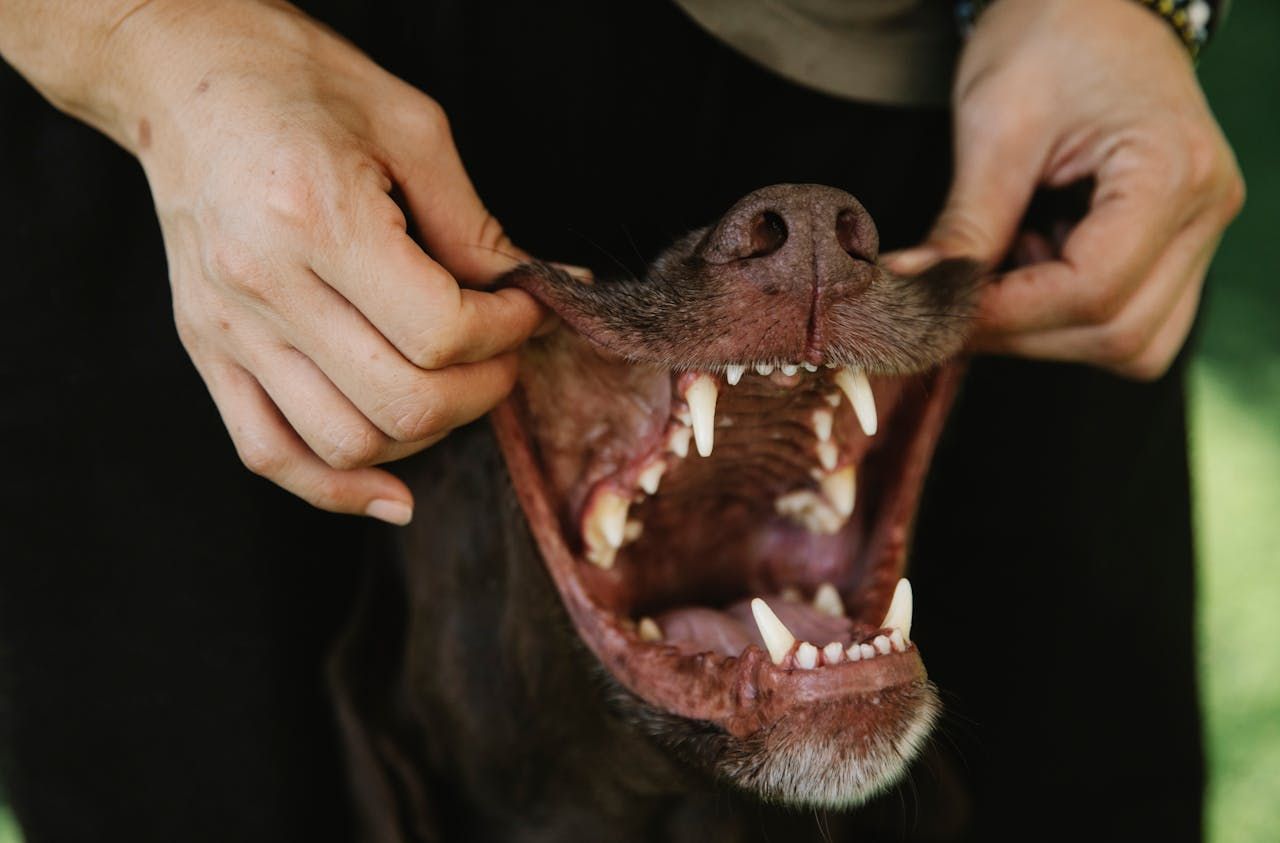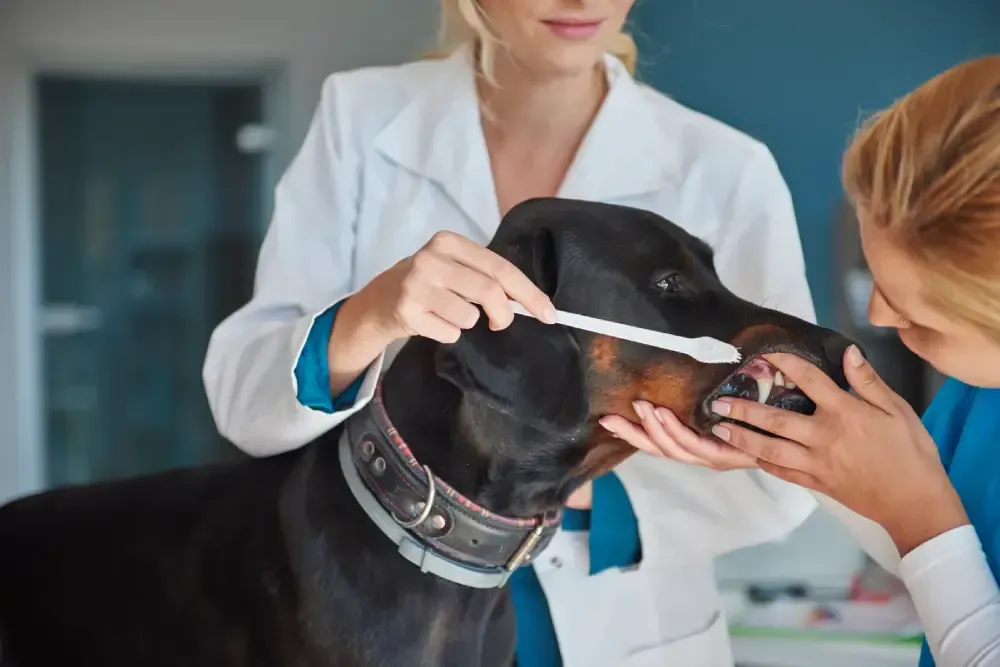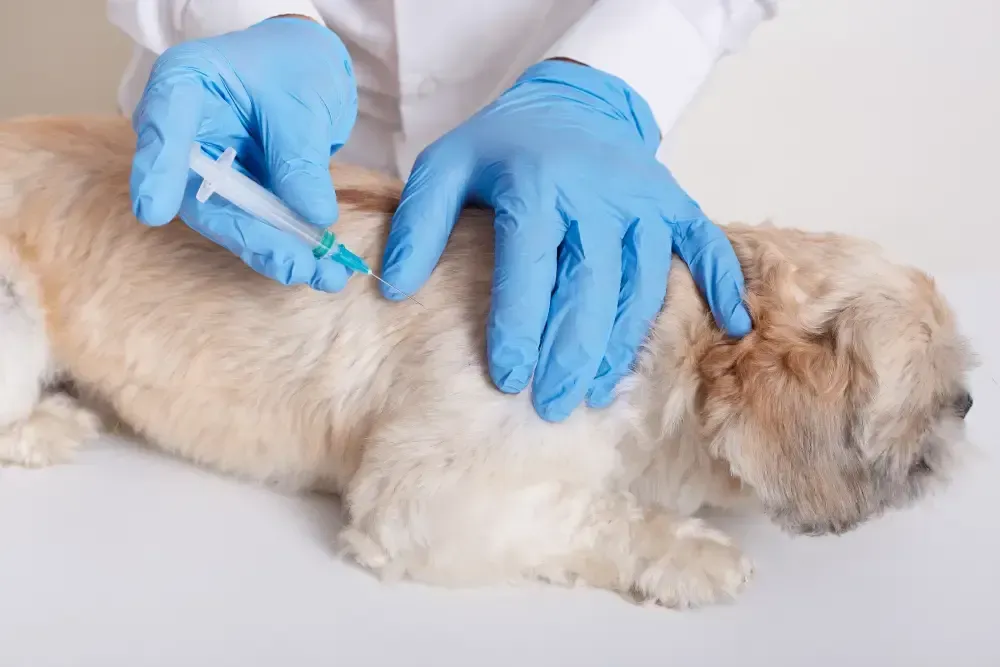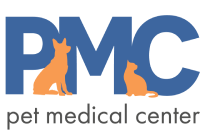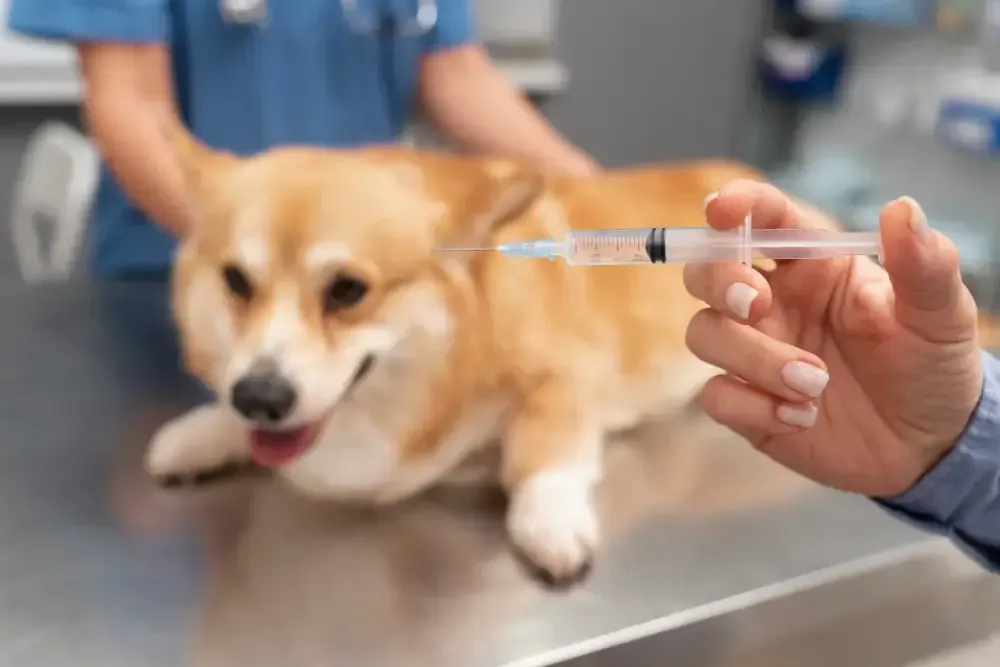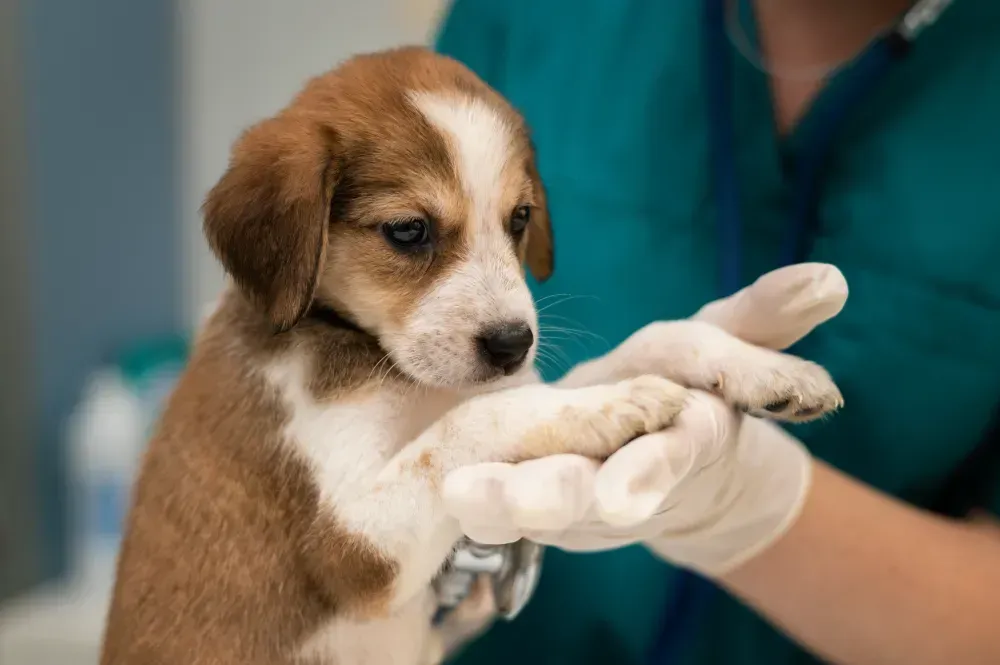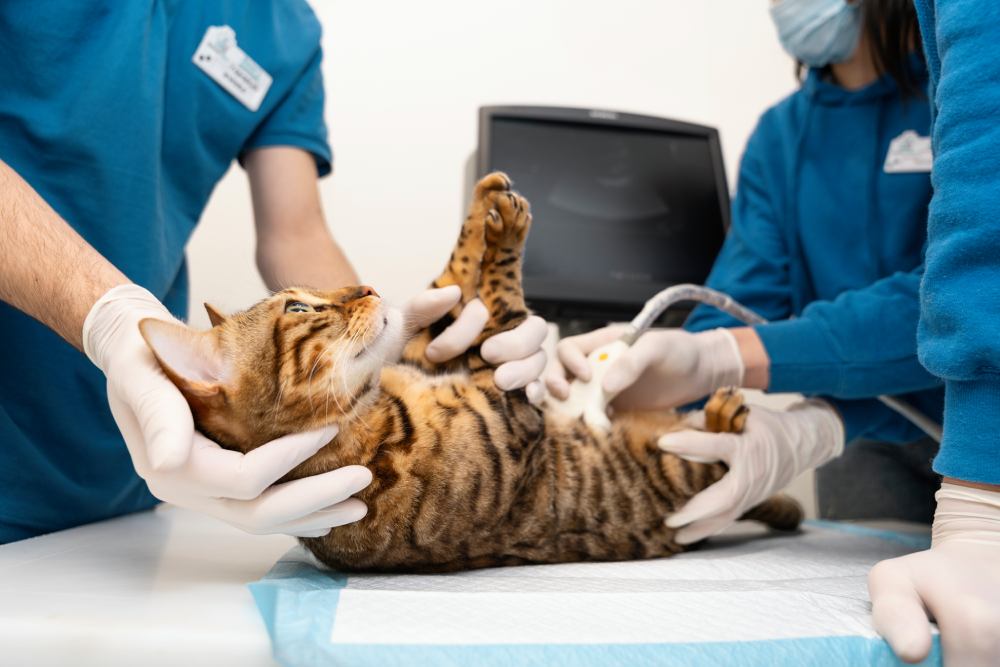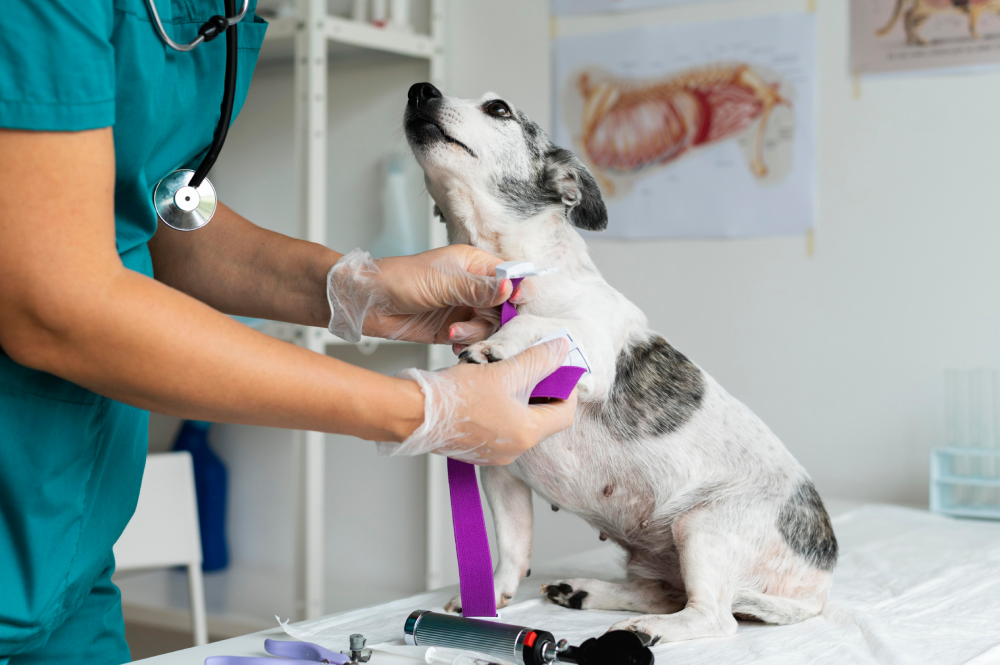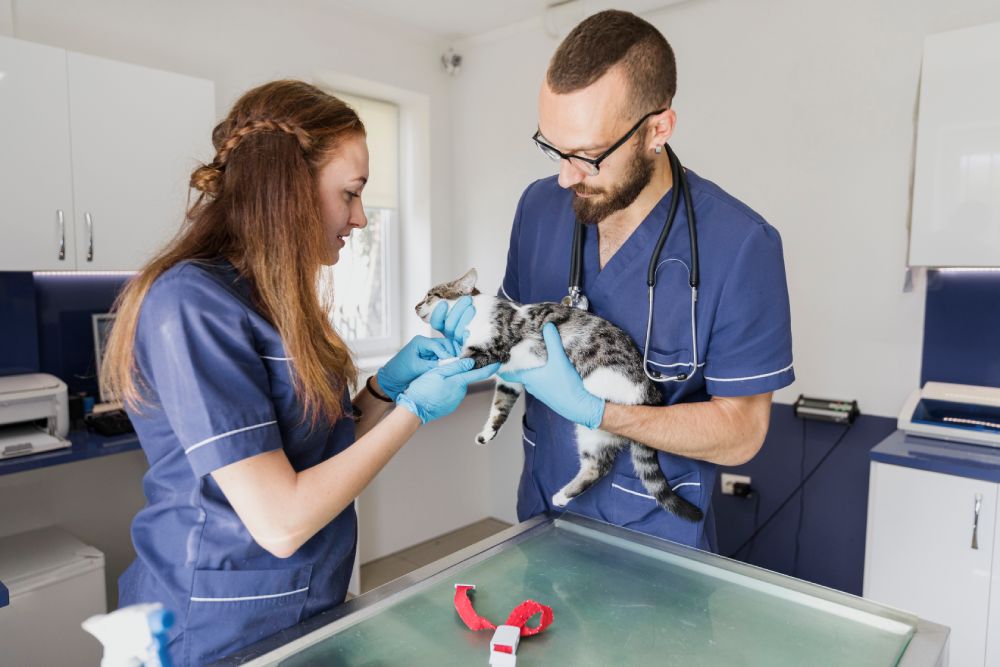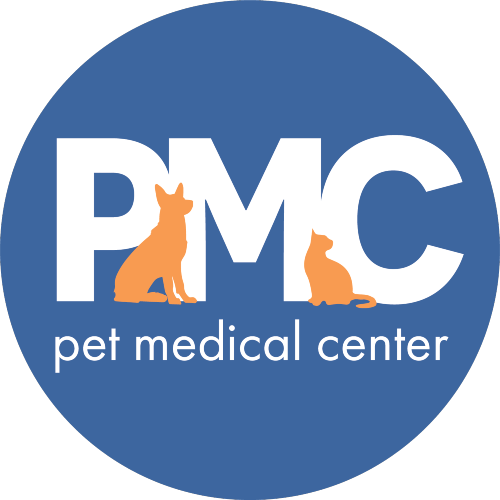By Michael Rayburn
•
November 27, 2025
Ames, Iowa, is more than just a charming college town—it’s a vibrant community with a deep sense of culture, tradition, and excitement that thrives year-round. Whether you’re a lifelong resident, a student at Iowa State University, or a traveler looking for an authentic Midwest experience, there’s always something happening in Ames. From music and art festivals to sporting events and local markets, the city’s annual events bring people together in celebration of creativity, community, and local pride. Let’s explore the must-see annual things to do and see in Ames, IA, so you can plan your calendar for a year full of fun and unforgettable experiences. Ames Main Street Farmers’ Market and the Joy of Community Life Every spring through fall, Ames Main Street Farmers’ Market transforms downtown Ames into a lively hub of community energy. Typically running from May through October, this weekly event showcases local farmers, artisans, and food vendors offering fresh produce, baked goods, flowers, handmade crafts, and more. The aroma of roasted coffee and freshly baked bread fills the air, and live musicians create a festive atmosphere for visitors. What makes this market special is not just the goods you can buy—it’s the connection it fosters. Families stroll together, students grab breakfast before heading to class, and local businesses thrive thanks to the steady flow of people supporting small enterprises. It’s a celebration of Ames’ local spirit, and attending even once will make you want to return week after week. Furman Aquatic Center and Summer Fun with the Family When summer heats up, one of the most refreshing annual traditions in Ames is heading to the Furman Aquatic Center. Opening every year around Memorial Day weekend, this popular attraction features water slides, a lazy river, and zero-depth entry pools perfect for kids. Families from across Story County look forward to cooling off here during Iowa’s hot summer days. The center also hosts special events such as Family Nights, themed swims, and youth activities, making it a highlight of the summer calendar. It’s more than just a swimming pool—it’s a place where Ames families create lasting memories year after year. Cyclone Football: Fall Spirit at Jack Trice Stadium Autumn in Ames means one thing—Cyclone football season. Each fall, Jack Trice Stadium becomes the heartbeat of the city as Iowa State University fans fill the stands with cardinal and gold. The spirit, the energy, and the sense of pride that come with cheering on the Cyclones make this one of the most cherished annual traditions in Ames. Tailgating before the game is an event in itself, with fans gathering to grill, play games, and share stories. Whether you’re a die-hard fan or just love being part of a lively community celebration, Cyclone football games are a must-see experience every fall. Dog Shots and Spring Celebrations: Ames’ Paws in the Park Event As the snow melts and spring blooms, one of Ames’ most beloved community events takes place—Paws in the Park. This annual spring festival celebrates pets and their owners with contests, vendors, and local animal organizations coming together to promote pet health and fun. It’s the perfect time for pet owners to catch up on dog shots and other routine care, as many local veterinarians offer discounted services during the event. From dog vaccinations and obedience demonstrations to adoption drives, the event combines entertainment with education. It’s an excellent opportunity to socialize pets, meet other dog lovers, and learn about the best ways to care for furry family members. In addition to pet-related booths, visitors can enjoy local food trucks, music, and games. Whether you’re participating in the dog parade or just soaking up the sunshine, Paws in the Park is a feel-good way to welcome spring in Ames. Ames Art Walk: A Creative Evening Downtown The Ames Art Walk is one of the most colorful and inspiring annual events in the city. Held every June, this downtown celebration highlights local artists, musicians, and performers. Businesses transform into mini galleries, showcasing everything from paintings and sculptures to photography and handcrafted jewelry. Live music fills the streets as attendees explore the exhibits, meet artists, and enjoy refreshments. The event is free and family-friendly, making it an easy addition to any summer schedule. It’s a great way to experience the local creative scene and appreciate the artistic talent thriving in Ames. Octagon Art Festival: A Celebration of Creativity Another major artistic highlight is the Octagon Art Festival, one of Iowa’s longest-running art festivals, held every September. Featuring over 100 artists from across the Midwest, the event takes over downtown Ames with booths displaying fine art, pottery, photography, fiber art, and more. Visitors can watch live demonstrations, participate in art activities, and purchase one-of-a-kind pieces. Food vendors and live entertainment round out the experience, creating a day that celebrates both creativity and community. The Octagon Art Festival is a must-attend for anyone who appreciates artistry and craftsmanship. Iowa State Fair Week Activities in Ames While the famous Iowa State Fair takes place in Des Moines, Ames has its own vibrant schedule of community events that complement the fair spirit. During this time, many Ames restaurants, shops, and community centers host themed specials, mini fairs, and live entertainment. Local organizations often hold fundraisers, children’s events, and outdoor movie nights, keeping Ames buzzing with excitement during fair season. For those who prefer smaller crowds but still want the fun of fair festivities, Ames provides plenty of opportunities to join in the excitement right at home. Ames Oktoberfest: A Toast to Tradition When fall rolls around, Ames residents and visitors celebrate with Oktoberfest, a lively event full of beer, food, and music. Local breweries and restaurants serve up traditional German fare—pretzels, bratwursts, and of course, craft beer. Held annually in downtown Ames, this event captures the fun and flavor of the season. With live bands, dancing, and family-friendly games, Oktoberfest brings people together in good spirits (and good beer). It’s one of those events that perfectly blends Ames’ local culture with international traditions. Ames Winter Farmers’ Market: Keeping the Spirit Alive Even when the weather turns cold, Ames’ commitment to local produce and craftsmanship doesn’t stop. The Winter Farmers’ Market, held at various indoor locations, brings the community together to enjoy fresh foods, baked goods, and seasonal treats throughout the colder months. It’s a cozy and cheerful event that supports local producers and gives residents a reason to get out and connect during the winter. The market often features holiday-themed weekends, live entertainment, and family activities, making it a favorite annual tradition for many Ames residents. Iowa State University VEISHEA Legacy Events Though the original VEISHEA celebration has changed over the years, its legacy lives on through various campus and community events that celebrate student achievement and university pride. Throughout the year, Iowa State University hosts cultural festivals, homecoming events, and open houses that capture the spirit of VEISHEA’s history. These events showcase the university’s commitment to innovation, diversity, and education. Attending these celebrations is a great way to experience the vibrant energy that ISU brings to Ames year-round. Fourth of July Fireworks and Festivities Few events unite the Ames community quite like Independence Day celebrations. Every year, Ames hosts a spectacular Fourth of July festival featuring a parade, live music, family activities, and, of course, an impressive fireworks show. The main festivities often take place at Bandshell Park and nearby areas, drawing large crowds who gather to enjoy an evening of patriotic pride and community spirit. It’s a highlight of the summer and a tradition cherished by residents and visitors alike. Summer Concert Series at Bandshell Park Music lovers can look forward to the annual Summer Concert Series at Bandshell Park, which runs throughout the warmer months. These free concerts feature local and regional artists performing everything from jazz and blues to rock and folk. The relaxed outdoor setting makes it the perfect way to unwind after a long week. Pack a picnic, bring a blanket, and enjoy the sounds of summer under the stars. It’s one of the most laid-back and enjoyable ways to experience Ames’ community spirit. Ames Annual Snow Magic and Holiday Kickoff As winter approaches, the city transforms into a festive wonderland for the Snow Magic celebration. This annual event, held in late November, marks the beginning of the holiday season in downtown Ames. Local businesses decorate their storefronts, carolers fill the streets with music, and the lighting of the community Christmas tree brings joy to visitors of all ages. Families can take part in holiday crafts, visit Santa, and enjoy horse-drawn carriage rides. Snow Magic perfectly captures the warmth and charm of Ames during the holidays, making it one of the most anticipated annual events of the year. Ames Eco Fair and Earth Day Celebrations Environmental awareness takes center stage during the annual Ames Eco Fair and Earth Day events, typically held in April. These gatherings promote sustainability through workshops, exhibits, and eco-friendly vendors. Visitors can learn about composting, renewable energy, and ways to live greener lives. It’s a great educational event for families, students, and anyone interested in protecting the planet. The festival often features fun hands-on activities for kids and opportunities for community volunteering, reinforcing Ames’ commitment to environmental responsibility. Ames Greek Food Fair For food lovers, the Ames Greek Food Fair is a can’t-miss annual event. Hosted by St. George Greek Orthodox Church, the fair features authentic Greek cuisine, traditional music, and cultural performances. From gyros and baklava to Greek coffee and souvlaki, the event offers a delicious taste of Greece right in the heart of Iowa. It’s a celebration of culture, flavor, and community that brings people together every year. Ames’ Annual Downtown Restaurant Week Every year, foodies look forward to Ames Restaurant Week, a citywide culinary celebration featuring exclusive menus, discounts, and tasting events at local eateries. It’s a chance for residents and visitors alike to sample the diverse cuisine Ames has to offer—from farm-to-table restaurants to international flavors. Restaurant Week not only supports local businesses but also encourages community members to explore new dining experiences. It’s one of the tastiest annual traditions in Ames, offering something for every palate. Ames Annual Book Festival and Literary Events Book lovers will appreciate the Ames Book Festival, which celebrates literature, authors, and readers of all ages. The event features author talks, writing workshops, and storytelling sessions. Libraries, bookstores, and community spaces across Ames participate in hosting events that foster a love for reading. It’s a wonderful opportunity to meet local authors, exchange ideas, and connect with other book enthusiasts. The Ames Book Festival underscores the city’s appreciation for arts, education, and culture. Ames Annual Charity Runs and Community Races Throughout the year, Ames hosts several charity runs and community races that attract participants from across Iowa. Events like the Ames Half Marathon, Color Run, and Turkey Trot not only promote fitness but also raise funds for local charities and organizations. These races offer an inclusive, supportive atmosphere for runners of all levels. Whether you’re competing seriously or walking with friends, the spirit of togetherness and goodwill makes every event rewarding. Ames Vintage Car Show and Summer Cruise Nights Classic car enthusiasts can look forward to the Ames Vintage Car Show, a summer event that draws collectors and fans from across the state. Downtown Ames becomes a showcase of polished chrome, gleaming paint, and automotive history. The event often features live music, local food vendors, and awards for standout vehicles. It’s a nostalgic celebration that combines craftsmanship, community, and the timeless love of cars. Ames Annual Science and Nature Festivals With Iowa State University’s strong emphasis on science and research, Ames also hosts events like the Science and Nature Festival and STEM Exploration Day. These educational festivals encourage curiosity through interactive exhibits, experiments, and presentations by experts. Families and students alike enjoy learning about everything from robotics and biology to astronomy and environmental science. It’s a reflection of Ames’ innovative spirit and its connection to higher education and discovery. Make Ames Your Destination Year-Round From art and music to sports and science, Ames, IA, offers an incredible lineup of annual events that showcase its dynamic and inclusive community. Each season brings something new and exciting, ensuring there’s always a reason to explore, celebrate, and connect. Whether you’re attending a football game, enjoying the farmers’ market, or celebrating local art, Ames guarantees memorable experiences all year long. Pet Care in Ames: Keep Your Furry Friends Healthy at Pet Medical Center If you’re a pet owner in Ames, ensuring your companion’s health is just as important as enjoying the city’s vibrant events. Pet Medical Center , located right here in Ames, IA, provides comprehensive veterinary care for dogs and cats, including preventive health services like dog vaccinations and routine checkups. Their experienced veterinarians prioritize personalized care, helping keep pets happy, active, and protected from common diseases. Whether your pet needs dog shots , dental care, or a wellness exam, Pet Medical Center is committed to maintaining your pet’s health year-round. With a caring staff, modern facilities, and a focus on compassionate service, Pet Medical Center is a trusted partner for pet owners throughout Ames. It’s one more reason why living in this welcoming community is such a joy—not just for people, but for pets, too. Pet Medical Center 1416 S Duff Ave, Ames, IA 50010, United States (515) 232-7204 https://www.pmcofames.com/

